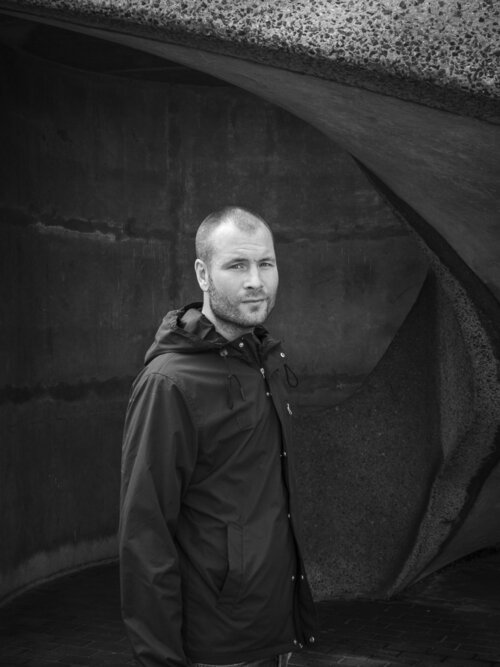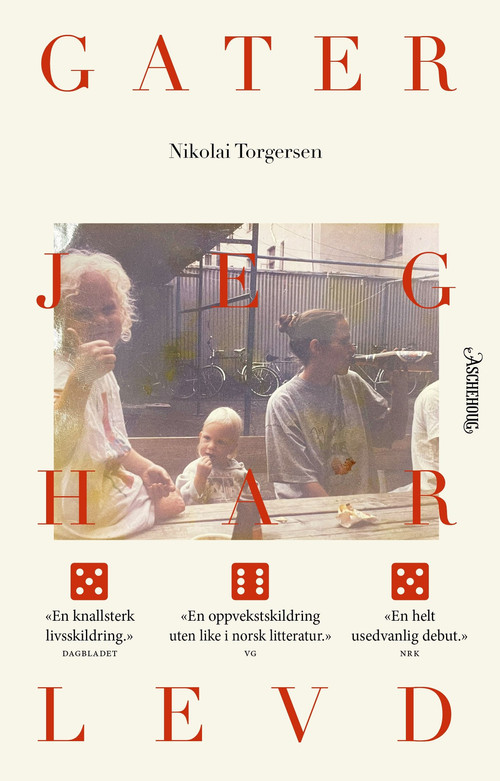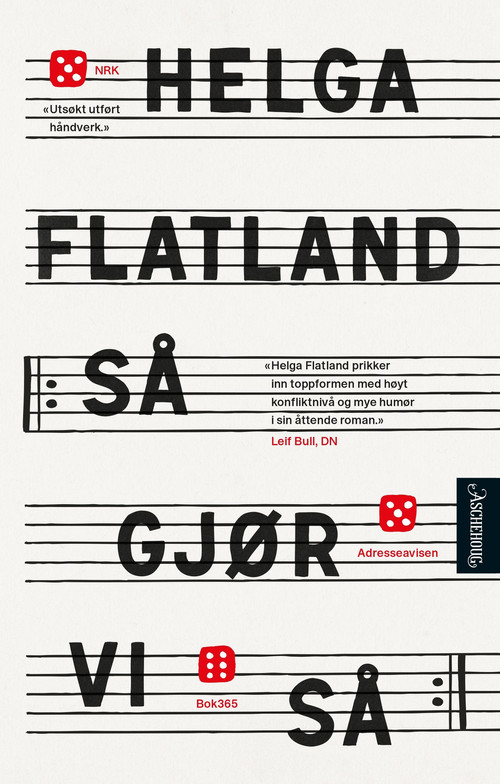Bunker is a novel about fear: about the fear of failing in creative endeavours but also about not letting that fear take control. It is about the fear of exposure to terror or violence and what, in extreme cases, that fear can drive us to.
In this fragmentary structured novel, we encounter three voices: the first belongs to the first-person narrator, who has just delivered a new book manuscript to his publisher. Salvesen writes about what it means to write a literary universe into being, about how and why the I-narrator does it and how artists must live with the consequences of their art.
The second voice belongs to David, who has lost his father and his job in the oil industry. He feels alienated in the life he lives. Now he has planted a bomb outside the Norwegian Petroleum Directorate in the coastal oil town Stavanger and has gone into hiding in a bunker beneath the sea. The terrorist act was organised by others and David has escaped the consequences for his action. When the bomb went off, he was already out of range. What and who has this action turned him into?
The third and final voice belongs to Snorre Sand, an author who has taken early retirement and who helped cast the concrete of the bunker where David now is during the Second World War. He looks back over his eventful past – war, imprisonment, love, a literary life – and tries to seek meaning in an existence in which he no longer writes.






